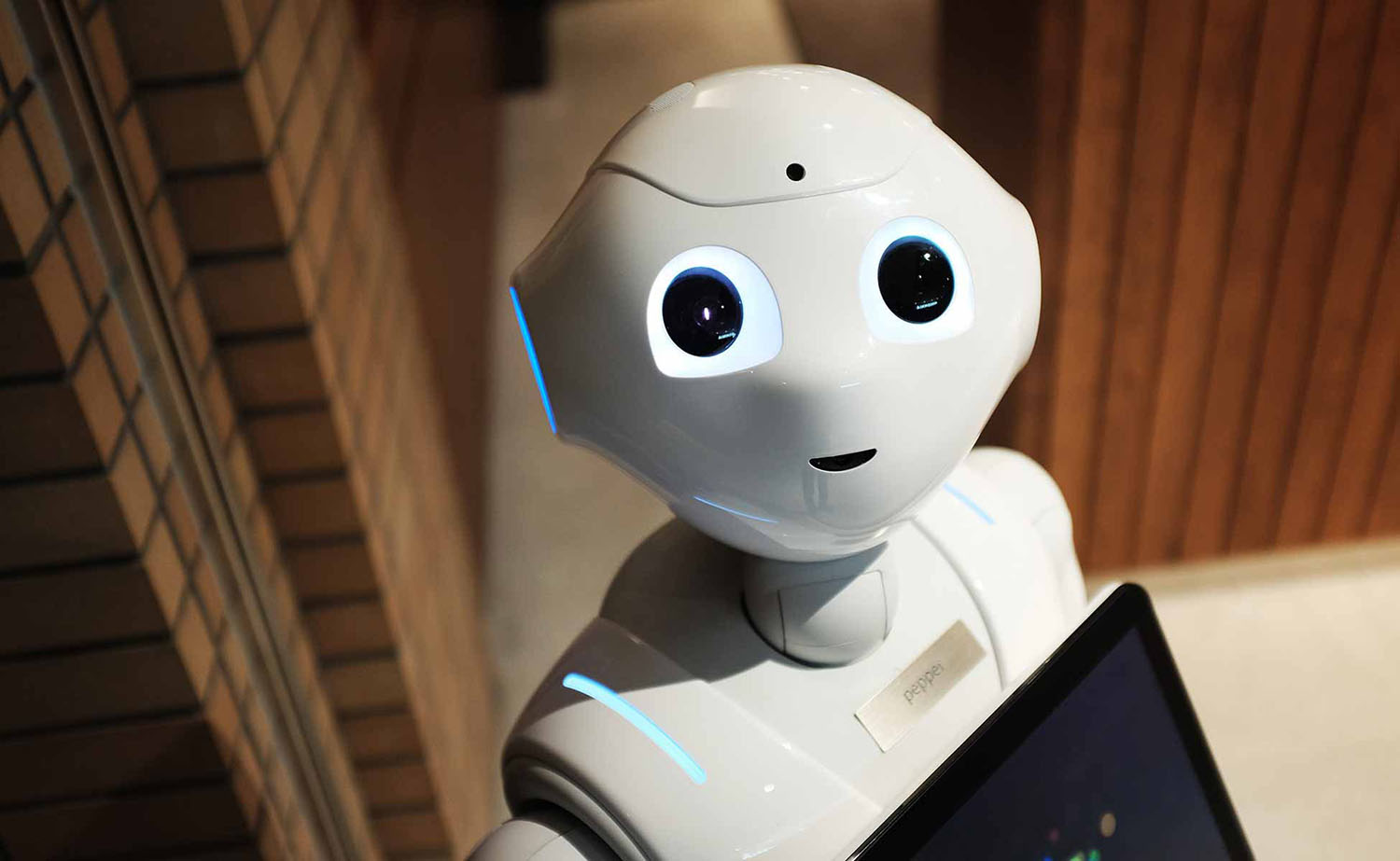Productivity: The Moravec Paradox
By John R Hughes | June 17th, 2019

Productivity: The Moravec Paradox
Hans Moravec, a computer scientist, pointed out something that is counter-intuitive. He noted that it is relatively easy to make a computer play chess, but much harder to build a machine with the perception skills of a one-year old human being. Stephen Pinker picked up this idea in his book The Language Instinct, where he commented that gardeners, chefs and receptionists should be safe in their jobs for decades.
Machines find it hard to learn how to recognise faces, speech, identify relevant information and guess motivation – while humans are highly evolved in these areas. On the other hand, humans find it hard to do repetitive tasks and manipulate multiple complex equations – while machines are well adapted to this work.
With the pace of Machine Learning, there is no space for complacency, e.g. the iPhone X already uses face recognition as the primary security function. On the other hand, it has taken millions of years of evolution to develop human behaviour, and a lot of the most complex behaviour is semi-conscious and very difficult to reverse engineer.
As a Radical Strategy, the Moravec Paradox highlights the question of how to build a better world through the intelligent use of machines to support human endeavours. The following quote captures the importance of how work and jobs are designed in order to create effective organisations. With the pace of growth in machine learning, artificial and augmented reality, this feels as true now as it ever was.
“The productivity of work is not the responsibility of the worker, but of the manager.”
Peter Drucker
© Radical Strategy Ltd. 2019. All Rights Reserved.
Related posts

Portsmouth Sinfonia
Radical Strategy The Portsmouth Sinfonia was founded by Gavin Bryars, a professional musician and composer. He decided
Read full article...
The Overton Window
The Overton window is named Jospeh P. Overton, who was interested in the range of acceptable ideas informing...
Read full article...
Frames of Reference: Travelling without Moving
Jamiroquai’s third studio album, Travelling Without Moving, included a...
Read full article...